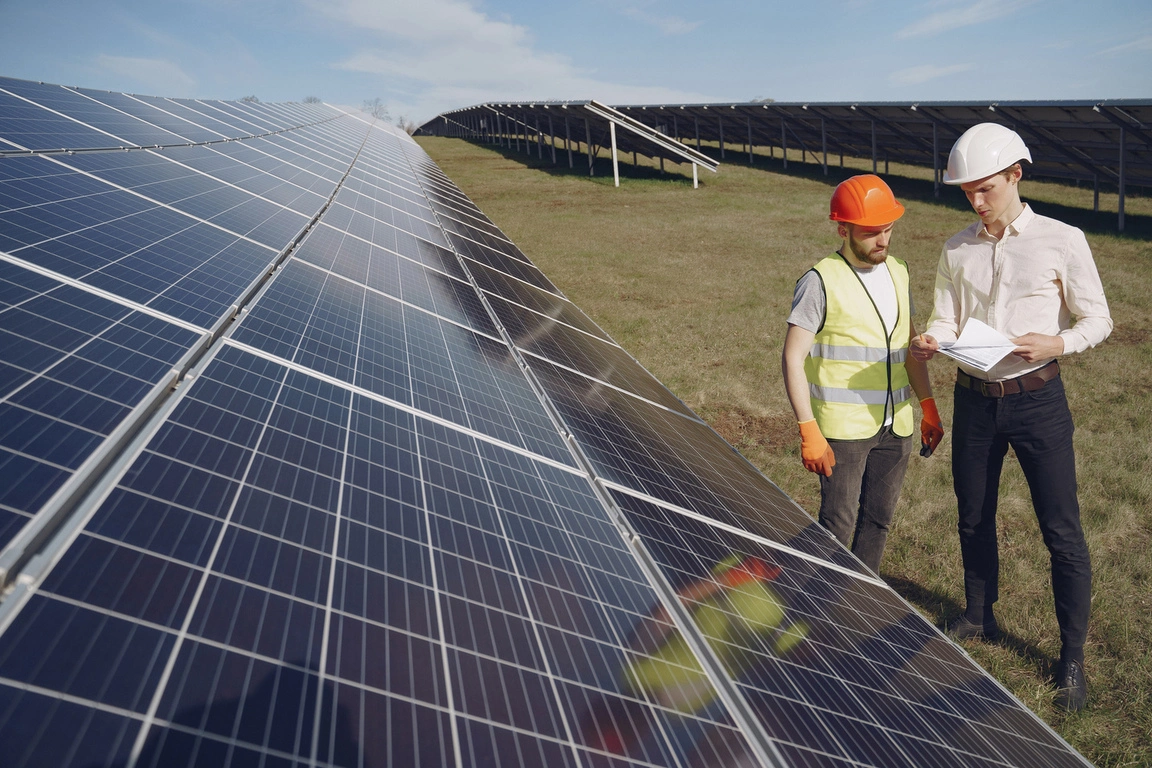

Solar power plants are a vital component of the renewable energy landscape, providing clean and sustainable electricity. However, the successful establishment of a solar power plant requires careful planning and attention to various factors. Here are key considerations to keep in mind when setting up a solar power plant:
Location Selection: The location of the solar power plant is crucial. It should receive ample sunlight throughout the year. Factors such as geographical position, climate, and shading from nearby structures or vegetation must be considered.
Site Assessment: Conduct a thorough site assessment to determine the suitability of the land. This includes evaluating soil stability, topography, and potential environmental impacts. Proper site assessment ensures optimal installation and minimizes future issues.
Permits and Regulations: Ensure compliance with local, regional, and national regulations. Obtain all necessary permits and approvals before starting the project. This includes environmental impact assessments and grid connection agreements.
System Design: The design of the solar power system should be tailored to the specific site conditions and energy requirements. This includes choosing the right type and number of solar panels, inverters, mounting systems, and other components.
Financial Planning: Develop a comprehensive financial plan, including initial investment, operation, maintenance costs, and potential subsidies or incentives. A detailed financial plan helps in securing funding and ensures the project’s economic viability.
Grid Connection: Plan the grid connection meticulously. This involves determining the capacity of the grid, distance from the site, and the infrastructure required for connection. Ensure the grid can handle the additional power load.
Maintenance Plan: Develop a maintenance plan to ensure the long-term efficiency of the solar power plant. Regular cleaning, inspections, and repairs are essential to maintain optimal performance.
Technology and Equipment: Invest in high-quality technology and equipment. Reliable and efficient solar panels, inverters, and mounting structures are crucial for the plant’s longevity and performance.
Safety Measures: Implement robust safety measures during installation and operation. This includes training for personnel, proper signage, and safety protocols to prevent accidents and ensure a safe working environment.
Environmental Impact: Consider the environmental impact of the solar power plant. Implement measures to mitigate any negative effects on the local ecosystem and promote sustainability throughout the project lifecycle.
Prepared by: Batuhan Mert LAÇİNKAYA
For your questions: batuhanlacinkaya@rob-sys.com
Date: 05.08.2024
The entire content of this website, including but not limited to code, design, text, images, videos, and all other elements, is protected under the provisions of Law No. 5846 on Intellectual and Artistic Works and applicable legal regulations. Any unauthorized copying, reproduction, dissemination, publication, or use of such content, whether for commercial or non-commercial purposes, shall result in legal proceedings.











